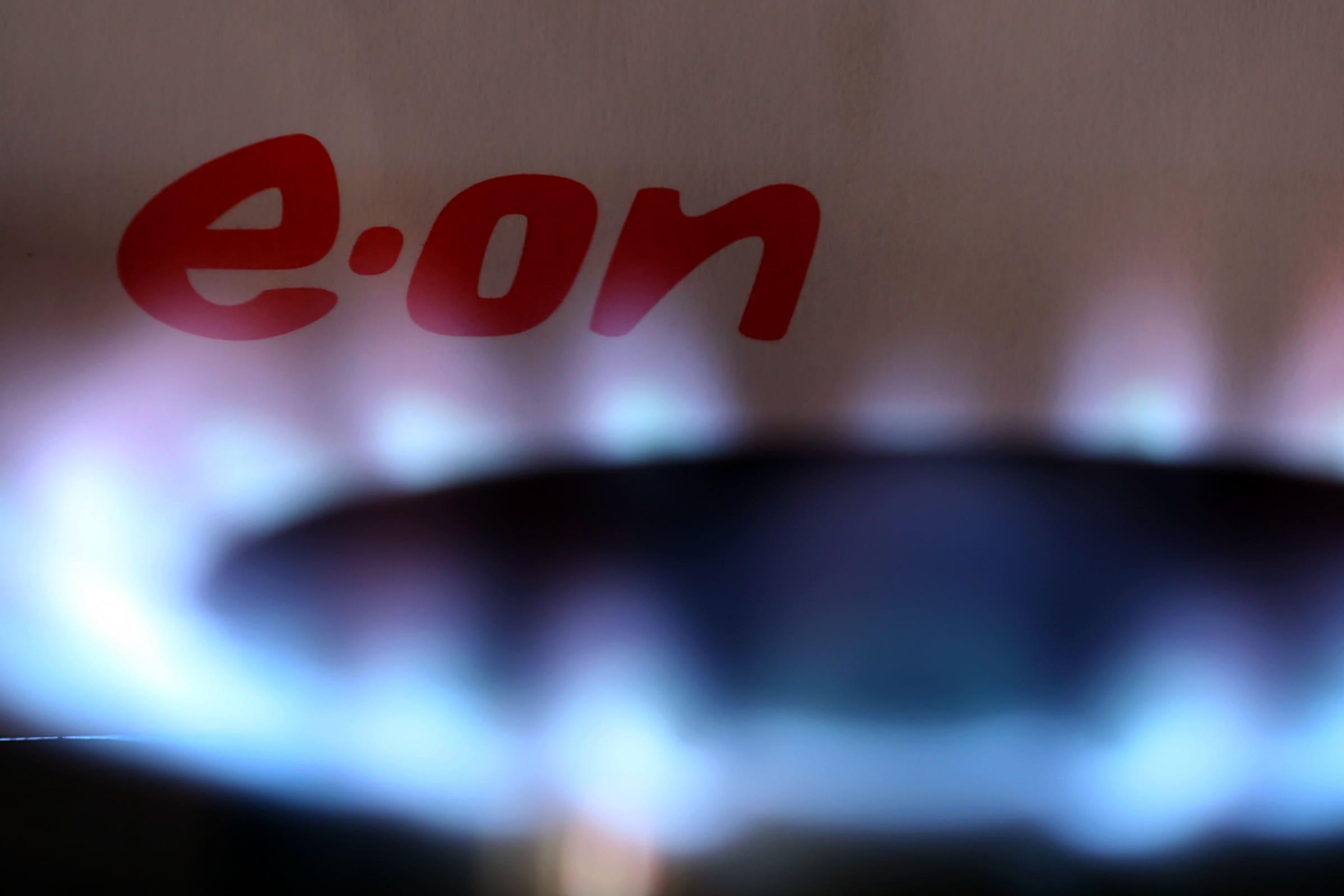Energy firms can challenge sale of collapsed provider Bulb at Court of Appeal
British Gas and E.On previously lost a High Court case over the Government’s handling of the sale.

Your support helps us to tell the story
From reproductive rights to climate change to Big Tech, The Independent is on the ground when the story is developing. Whether it's investigating the financials of Elon Musk's pro-Trump PAC or producing our latest documentary, 'The A Word', which shines a light on the American women fighting for reproductive rights, we know how important it is to parse out the facts from the messaging.
At such a critical moment in US history, we need reporters on the ground. Your donation allows us to keep sending journalists to speak to both sides of the story.
The Independent is trusted by Americans across the entire political spectrum. And unlike many other quality news outlets, we choose not to lock Americans out of our reporting and analysis with paywalls. We believe quality journalism should be available to everyone, paid for by those who can afford it.
Your support makes all the difference.British Gas and E.On have been given the green light to continue their legal challenge over the sale of collapsed energy firm Bulb to a rival provider at the Court of Appeal.
The two suppliers previously claimed the Government’s handling of the allegedly “unfair sale process” led to decisions “to commit billions of pounds of taxpayer money to facilitate the acquisition of a failed business” by Octopus Energy.
The energy businesses, alongside Scottish Power, brought legal action against ministers earlier this year, claiming the decision-making process was “flawed and unlawful”.
But the High Court dismissed their case in March, concluding it had been brought with “undue delay” and was “not… reasonably arguable”.
At a short hearing in London on Tuesday, appeal judges granted British Gas and E.On permission to challenge the earlier ruling.
Scottish Power previously said it would not appeal against the High Court judgment.
Lord Justice Underhill, sitting with Lord Justice Phillips and Lady Justice Whipple, said British Gas and E.On’s appeal case has “a real prospect of success” and they should be allowed to argue it in an estimated three-day hearing at a later date.
The Department for Energy Security and Net Zero is opposing the appeal, saying in a court document that the suppliers’ arguments “ignore the (High Court’s) comprehensive dismissal of that case”.
It claims the continuing challenge is “unmeritorious” and “hopeless”.
Patrick Halliday, representing the department, told Tuesday’s hearing that ministers may seek to challenge the appeal as “academic”, with the Government unable to see “how there can be any substantive remedy… even if the appeal were to succeed”.
The department, which previously warned that unwinding the sale would be “liable to cause chaos”, said in its written opposition to the appeal bid: “The transaction has completed and Bulb’s customers have now largely transferred to Octopus.”
“Movements in wholesale energy prices” mean that the sale will now result in “substantial net sums” being paid to Government, the department added.
Kieron Beal KC, for British Gas, and George Peretz KC, for E.On, said in written arguments that the case involved “the legality of a very substantial subsidy running to almost £3 billion worth of taxpayers’ money, which has a significant and detrimental impact on the competitive structure of the retail energy supply market”.
They added that “the contested decisions have created systemic risk for taxpayers, the retail energy market and consumers… and distorted competition”, adding that one outcome of a successful appeal should be the repayment of the subsidy.
The barristers argued that “softened” energy market conditions resulting in a larger payment to Government were “simply fortuitous”.
Tuesday’s hearing comes after MPs said risks remain around the potential costs to the taxpayer after the collapse of Bulb amid concerns they could be added to customer bills.
The Public Accounts Committee warned last month of “uncertainties” around the recovery of the £3.02 billion of taxpayer funds committed to funding Bulb, with concerns that extra costs could be added to people’s bills “at a time when many are already struggling with energy prices”.
While the Government expects to recover most of the investment insulating 1.5 million customers from Bulb’s failure, consumers may ultimately be left to foot the bill if this funding is not fully recovered, according to the committee.
An estimated £2.96 billion of taxpayer funds could be recovered from Octopus, leaving an estimated shortfall of £246 million to be borne by bill payers.
The recovery of funding is also dependent on the continued commercial success of Octopus and could be deferred to September 2025 if wholesale energy market conditions worsen.
In October 2022, Octopus announced a deal to buy its rival and take on Bulb’s customers after the 650-employee firm was placed into special administration in November 2021.
We remain confident that this was the best deal and we will support the appeal process to demonstrate that once and for all
The Government later confirmed an agreement had been reached between special administrators of Bulb and Octopus.
At the High Court, British Gas, E.On and Scottish Power challenged two decisions taken by the then Department for Business, Energy and Industrial Strategy in October and November 2022 – to approve the takeover and to provide “very substantial central Government funding” to help with the transfer.
Amanda Gerrity, general counsel at Octopus, said after Tuesday’s hearing that since the High Court ruling it had moved all of Bulb’s customers on to its systems “in record time” and welcomed “95% of their team”.
She added: “The Government also stands to make £1.2bn profit from the transaction.
“We remain confident that this was the best deal and we will support the appeal process to demonstrate that once and for all.”